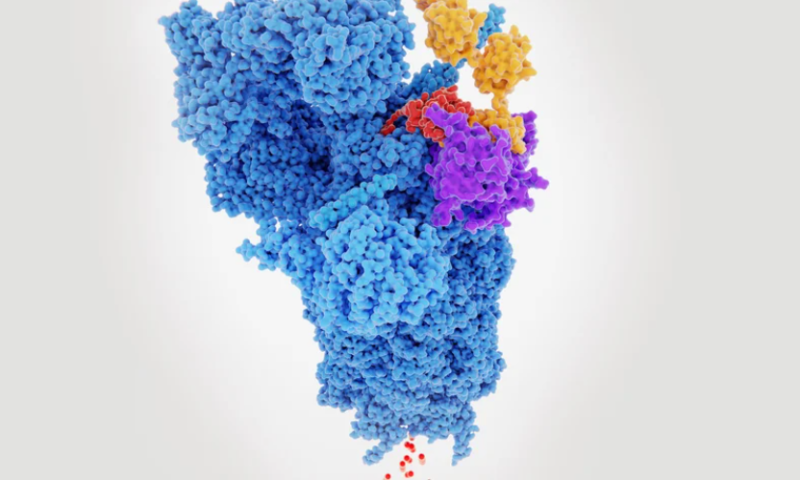As the protein degradation field continues to grow, Merck KGaA has decided it needs more than one baton in the metaphorical clinical relay race, inking a $554 million deal with Austrian biotech Proxygen.
The deal, which includes an undisclosed upfront payment, sticks the two companies together as Proxygen discovers and develops a slate of molecular glue therapies, a small molecule that helps destroys problematic proteins by degrading them.
While the number of partnered programs subject to the deal is unknown, Thursday’s announcement said the two companies would work on developing candidates up until the clinic. The collaboration is the second for Proxygen, which announced a similar deal with Boehringer Ingelheim in late 2020.
Much of the known and existing science related to targeted protein degradation focuses on proteolysis-targeting chimeras, or PROTACs—a different, bifunctional small molecule that similarly helps destroy proteins via proteasomes. But instead of using this bifunctional approach, molecular glues directly link a protein with a ubiquitin ligase that tags it for degradation.
The mechanism has already been applied to a couple of approved cancer treatments developed by Celgene, now Bristol Myers Squibb, such as Revlimid and Pomalyst. However, Proxygen describes the discovery of those drugs as “fortuitous,” and it plans to change the discovery process by, in the words of CEO Bernd Boidol, “fishing with a very broad net.”
“We just want to see what process takes place physiologically in the cell if we add our degrader, if we add compounds,” he said. “We only see degraders that use a ligase that really degrades a target.”
To do this, the company conducts large screenings of molecules that have degrading potential and then matches them with a corresponding ligase. The additional benefit of this process, according to Boidol, is that it can unearth new ubiquitin ligases beyond the well-known von Hippel-Lindau (VHL) and cereblon proteins.
“Imagine you have another ligase that you can do the same thing with that gives you—IP-wise, target-wise, chemistry-wise—a huge, new open door that you can walk through and are in uncharted territory,” he said.
The deal comes just one month after Merck teamed up with Amphista Therapeutics for three immunology targets in oncology and follows other collaborations focused on protein degradation. In addition to Merck, Amphista also signed on with Bristol Myers Squibb in a partnership worth up to $1.28 billion.
Beyond these two deals, Proxygen’s sole income has come from grants; it’s yet to raise a single dollar or euro. But that’s likely soon to change, with Boidol saying that the first fundraising round could come “sometime later this year.”
While the company is still roughly 18 months away from the clinic, Boidol is not eliminating the prospect of more partnerships, noting his team has received “inbound interest.” However, given limited bandwidth, he cautioned the company would be careful before overcommitting so it could flesh out its own internal programs.

